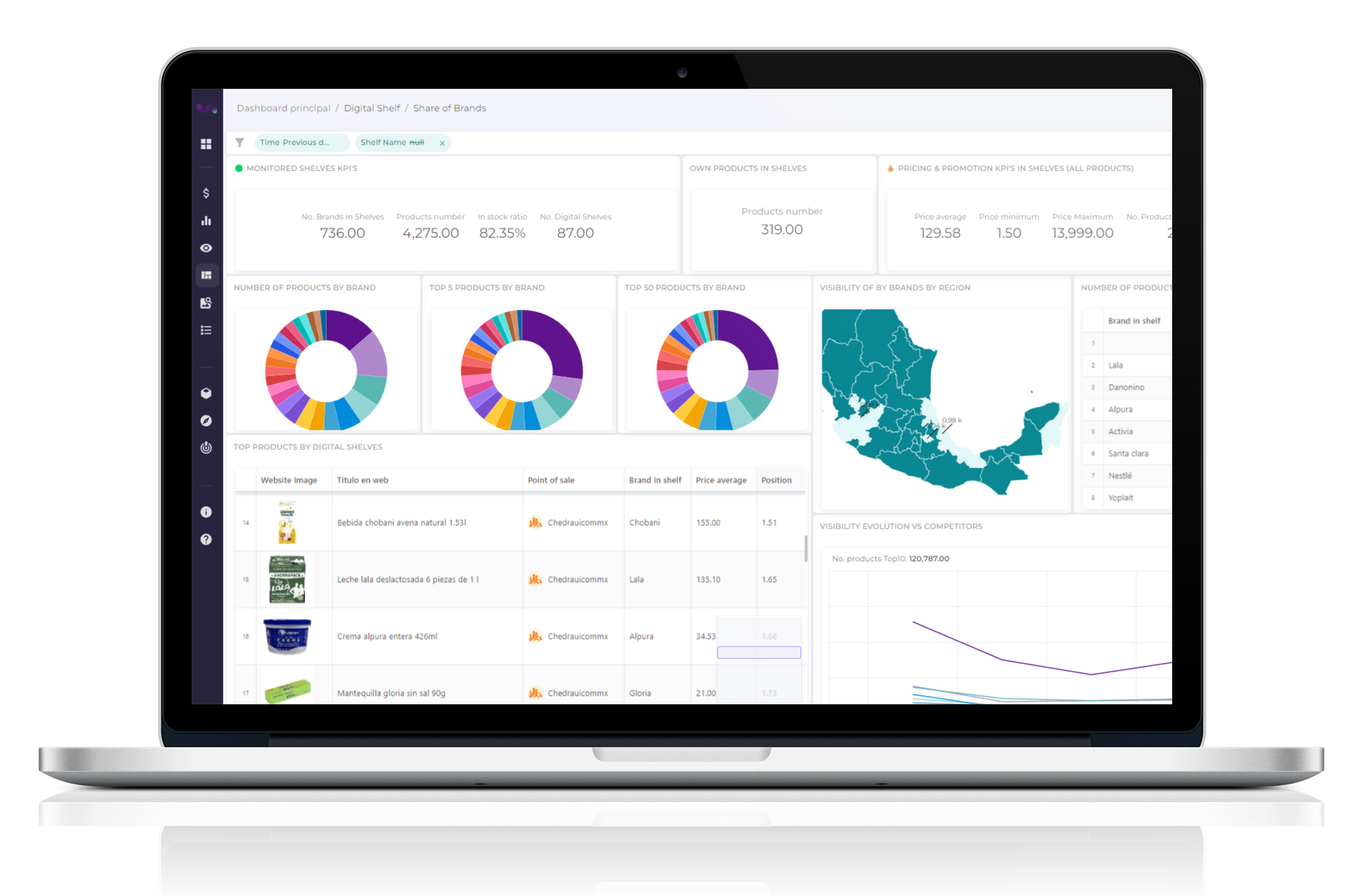The significance of having a BI tool
Business Intelligence (BI) is a referential term that defines the tools used to achieve a systematization and subsequent analysis of large amounts of data. This is not only for the purpose of mass storage of information, but also to make conscious and reusable use of the data accessed.
What BI tools exist?
Through different software available in the market, a proper BI tool can be implemented. Be it from enterprise reporting, online analytical processing, mobile or real-time BI, operational BI, cloud BI or software as a service. Each company will resort to the one that meets its needs.
The implementation of a BI tool makes it possible to observe that the method of data collection, in internal and external systems, is useful to take advantage of the available data sources. In order to improve decision making, verify the available market, or reorient business objectives.

The 5 advantages of having a BI tool
1. More independent employees
With the implementation of a BI tool, internal interaction by employees tends to change. Professionals see from collected real data how they are performing and what capabilities they can strengthen for the future. Even managers will see improvements at the management level, since the analysis of real previous data allows them to set objectives that are closer to expectations.
2. Long term transformation
The experiences in which BI solutions have been used have shown that the changes generated at an organizational level have a long-term impact. This offers stability in the results. With the use of information in a public and transparent manner by everyone, from managers to employees, decision making will be built more organically. Maintaining the business objective, but taking into account the actual data organization for the next steps.
3. There is historical tracking
In order to carry out the transformations that a company intends to make, it is vital to make a historical follow-up on processes and results. BI tools allow not only a current collection of data, but also a historical comparison of the high points of the company’s history. In this way, it is possible to review the decisions and actions taken to stand up in critical moments.
4. Decisions based on real data
In business, improvisation is often the norm. However, a BI solution offers a transparent and very reasonable option for decision making, based on the data obtained, which allows to generate a correct maneuver, or act on the facts.
In the face of any unforeseen problem, the response capacity using BI is much faster. The data points out, based on objectives, the company’s strengths.
5. Better predictions, greater allies
In order to attract those interested in business activity, a large amount of organized information is available. Analyzing and allowing to close agreements around the mutual benefits found in the information provided. A reliable option is thus built through BI that brings the stakeholders closer together. There is also prescriptive analysis, which has the ability to compile history, marking trends and suggestions to achieve success.
Our BI tool enables these and other benefits, which will renew management and reporting strategies. The strategies will be focused on meeting real expectations and accurate objectives, not only on pricing, but on any variant that the company considers necessary within its internal management.



